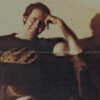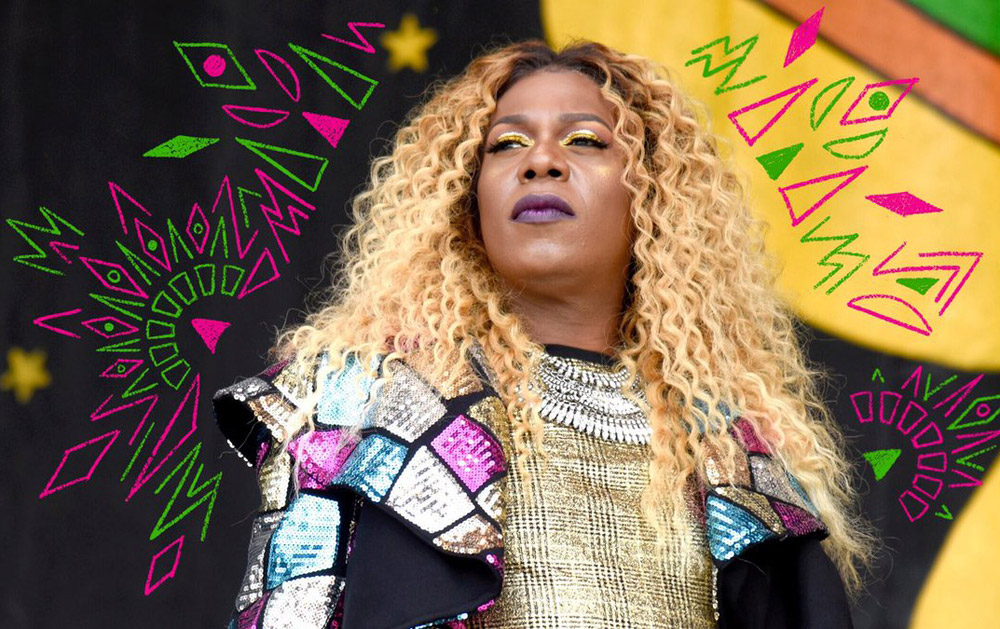At one point in “Freedia Got a Gun,” the New Orleans bounce artist Big Freedia sits in on a middle school discussion about gun violence where sixth and seventh graders aren’t necessarily being the ones taught, but rather the ones educating as it would seem that everyone in the room has had their lives touched by a shooting. Fourteen-year-old Devin Walker recounts how his father died in his arms and watched the eyes roll back into his head as his blood ran cold, following the arrival at his house of someone wanting to settle a score. Seven years after this happened, Walker shows little emotion in describing this and soon after is revealed to have started following in his father’s footsteps with feuds beginning with others in his neighborhood where no one waits to draw a gun.
It’s a little unusual how director Chris McKim finds his way into this conversation, having followed Big Freedia for years for the Fuse reality series “Queen of Bounce,” a fun, frivolous series about making it from the Big Easy, but after the musician’s brother Adam was murdered in 2017, the decision to keep the cameras rolling yields an unexpected angle on the accessibility of guns in America. Moving past talk about regulation or government intervention of any kind in favor of looking at the root causes of how guns have become seen as the only source of power in the Black community of New Orleans where they are made to feel they have no other, the mere presence of Big Freedia, who has already defied gender expectations as a gay man who presents as a woman, is poignant as a central character when so many men in the community are pressured to express their masculinity through violence.
While there’s some initial awkwardness in how McKim reconciles Big Freedia’s celebrity with the real reasons for her centrality in the film when, like so many others in New Orleans, she has so many connections to gun violence, “Freedia Got a Gun” reveals how the mic has become a weapon of choice for the musician and gradually watches her step away from it to give to others such as Dr. Ashonta Wyatt, the middle school principal who has seen the effects of violence on the psyche of her students even if they haven’t yet experienced personal tragedy, and Calvin Pep, a reformed ex-con who sets to put young men on the right path after his own was derailed by being drawn into a seemingly endless cycle of beefs. When Big Freedia’s own history includes not only her brother’s death, but the most nationally covered New Orleans shooting in recent years — the 2016 road rage incident that led to the killing of former Saints player Will Smith at the hands of her cousin Cardell Hayes — her family becomes a reflection of the community where a dwindling lack of resources — from proper housing to mental health care — that was reduced even further after Hurricane Katrina devastated the region has led to another perfect storm.
“Freedia Got a Gun” unmistakably comes from the perspective of those being most affected, making its observations and proposals to improve the situation far more compelling than most advocacy docs, and despite a vaguely substantiated suggestion that a mass surveillance system may help (while Adam’s murder is unsolved, so are the issues of the criminal justice system), the ability to see real power from a community starting to believe in the strength of their own collective voice, just as Big Freedia discovered in herself years earlier, proves to be an inspiration.
“Freedia Got a Gun” does not yet have U.S. distribution.




